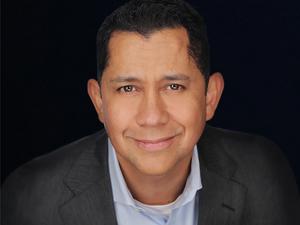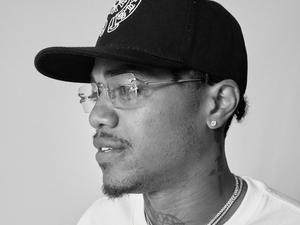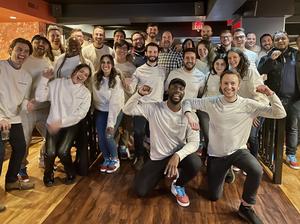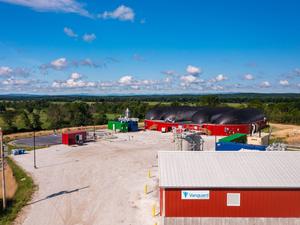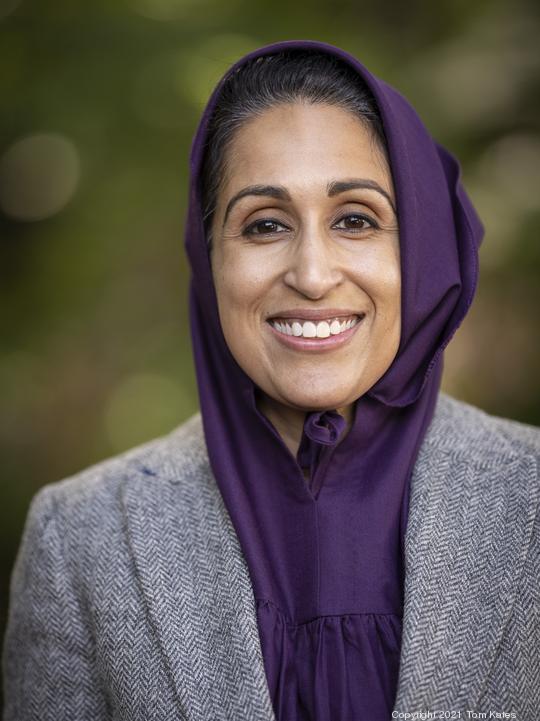
Tasneem Dohadwala, a founding partner at Excelestar Ventures, is not letting national concerns about an economic downturn slow her down. Her Greater Boston firm is planning for another strong year and is still looking for new companies to back.
Dohadwala grew up in Reading and Andover and went on to attend Wellesley College and Harvard Business School for her MBA. She worked at Lehman Brothers and Matrix Partners before founding Excelestar in 2010.
The firm invests mainly in B2B tech or medical device companies and prioritizes startups led by women and people of color. More than 60% of Excelestar’s companies are minority-led and 50% are led by women. Some of the firm’s previous investments include Augmenix and nVision, which were acquired by Boston Scientific, and Instylla. More than half of the companies Excelestar invests in are based in Massachusetts, Dohadwala said.
Despite talk of an economic downturn and a drop in VC cash being deployed in the first half of 2022, Dohadwala said she is not “pumping the brakes.”
Excelestar deploys from a $100 million fund, Dohadwala said, and plays in seed, Series A and Series B rounds. Its check size varies from around $5 million to $200,000 depending on the company’s stage.
Dohadwala recently spoke with BostInno about getting into venture capital, her advice for young founders and how she’s approaching investing in a market that’s pulling back on venture capital.
What brought you into venture capital? What traits make you a strong investor?
For whatever reason, the role of the coach really resonated with me. Being able to coach ‘multiple games’ really resonated with me, rather than being focused on being a player and being in the weeds. I really like the idea of being able to look at the forest rather than being stuck on the trees.
What do you think sets Excelestar Ventures apart from other venture capital firms?
I actually think one of our competitive advantages is our diligence process. I view it as a way to really, truly get to know the company because if I’m going to, and I do in many cases, sit on the board, understanding the company — its challenges and the opportunities and strengths and weaknesses — is so important in being a valuable partner and board member. These companies need all the resources they can get. And if you haven’t done your homework, you can’t really be helpful for them.
In addition to your work with startup companies, you also mentor young founders at the idea stage through organizations like Harvard Innovation Labs, Wellesley College and Golden Seeds. What’s your top tip for very early-stage founders?
Remember to contextualize the idea you may have in the grand scheme of everything. Look at your competition. Look at your market. Is that market really large enough to build a company that you can then get a successful exit from? And is it truly disruptive?
And then on a personal note, I always tell them, if you want to be an entrepreneur, get ready to spend six to ten years of your life grueling for this idea. You need to be that committed to the idea. You need to think it’s that great. Because it will take over most of your life. And you need to have that much passion and fervor for your idea that’s going to drive you.
Big picture: What are you seeing in the VC world right now?
I have heard some VCs are pulling back and they’re reserving capital for their existing portfolio companies knowing they may have to do a bridge or elongate them or do a quick insider round. I have heard that valuations are coming down. There’s been a course correcting. And I don’t think it’s a bad thing. I think some companies’ valuations were getting too big for their britches and exit multiples were just becoming not possible.
How is all of that impacting Excelestar?
We’ve got good dry powder. I spend a lot of time thinking about cash management. We have well over sufficient money for all of our follow-ons. I do a five, six-year mapping of all our companies so I understand cash needs well before they even become needs. And we are still actively looking for companies. We are not, kind of, pumping the brakes. I don’t foresee myself doing any less deals than I would do in a normal year.

